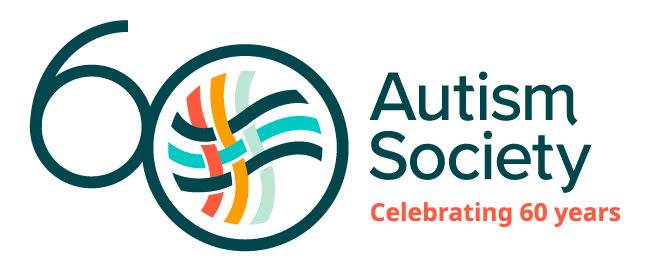Resources
Housing

Ensuring a safe living environment is important to everyone. Many adults with Autism live in their communities independently without any need for additional support. Other adults with Autism require some level of professional support to ensure their wellness and safety. Supportive housing for adults with Autism is provided in a variety of settings and with different staffing support models. Support housing can be very challenging for many adults with Autism to access.
There is limited supply for the many adults who are looking for community living support.
Every adult should be empowered to have choice and control over their living environment. The current shortage of housing options for adults with Autism has resulted in limited resources. However, these limited resources should not prohibit choice and control over the decisions of where and with whom an adult with Autism desires to live.

Statistics
- Only 7% of Autistic adults surveyed have access to supports to live outside of their family home.
- 48% of Autistic adults report feeling lonely, 57% report feeling depressed.
- There are 7.4 million citizens with intellectual and developmental disabilities (I/DD) in the US; Only 17% receive publicly funded residential supports.
- Over 75% of Autistic adults report their top concern in securing housing is not being able to afford it.
Learn more about the latest facts and numbers on housing from the Autism Housing Network.
Housing Resources
- Autism Housing Network, a platform for sharing housing resources.
- Opening Doors: A Discussion of Residential Options for Adults Living with Autism and Related Disorders, and the accompanying report, “Advancing Full Spectrum Housing: Design for Adults with Autism Spectrum Disorders,” have been made possible by a grant from the Urban Land Foundation through funding provided by the Pivotal Foundation and the Southwest Autism Research & Resource Center.
- The American Network of Community Options and Resources (ANCOR) is a national, nonprofit trade association representing more than 1,600 private community providers of services to people with disabilities, including residential services.
- The Consortium for Citizens with Disabilities (CCD) Housing Task Force works with Congress and the Department of Housing and Urban Development (HUD) to increase access to decent, safe, and affordable housing for all people with disabilities and to protect the rights guaranteed under the Fair Housing Act.
- The CCD Housing Task Force also works collaboratively with the Technical Assistance Collaborative (TAC) to produce Priced Out, a study of the severe housing affordability problems of people with disabilities and public policy recommendations to solve them.
- Autism Housing Network, a platform for sharing housing resources.
- Opening Doors: A Discussion of Residential Options for Adults Living with Autism and Related Disorders, and the accompanying report, “Advancing Full Spectrum Housing: Design for Adults with Autism Spectrum Disorders,” have been made possible by a grant from the Urban Land Foundation through funding provided by the Pivotal Foundation and the Southwest Autism Research & Resource Center.
- The American Network of Community Options and Resources (ANCOR) is a national, nonprofit trade association representing more than 1,600 private community providers of services to people with disabilities, including residential services.
- The Consortium for Citizens with Disabilities (CCD) Housing Task Force works with Congress and the Department of Housing and Urban Development (HUD) to increase access to decent, safe, and affordable housing for all people with disabilities and to protect the rights guaranteed under the Fair Housing Act.
- The CCD Housing Task Force also works collaboratively with the Technical Assistance Collaborative (TAC) to produce Priced Out, a study of the severe housing affordability problems of people with disabilities and public policy recommendations to solve them.







